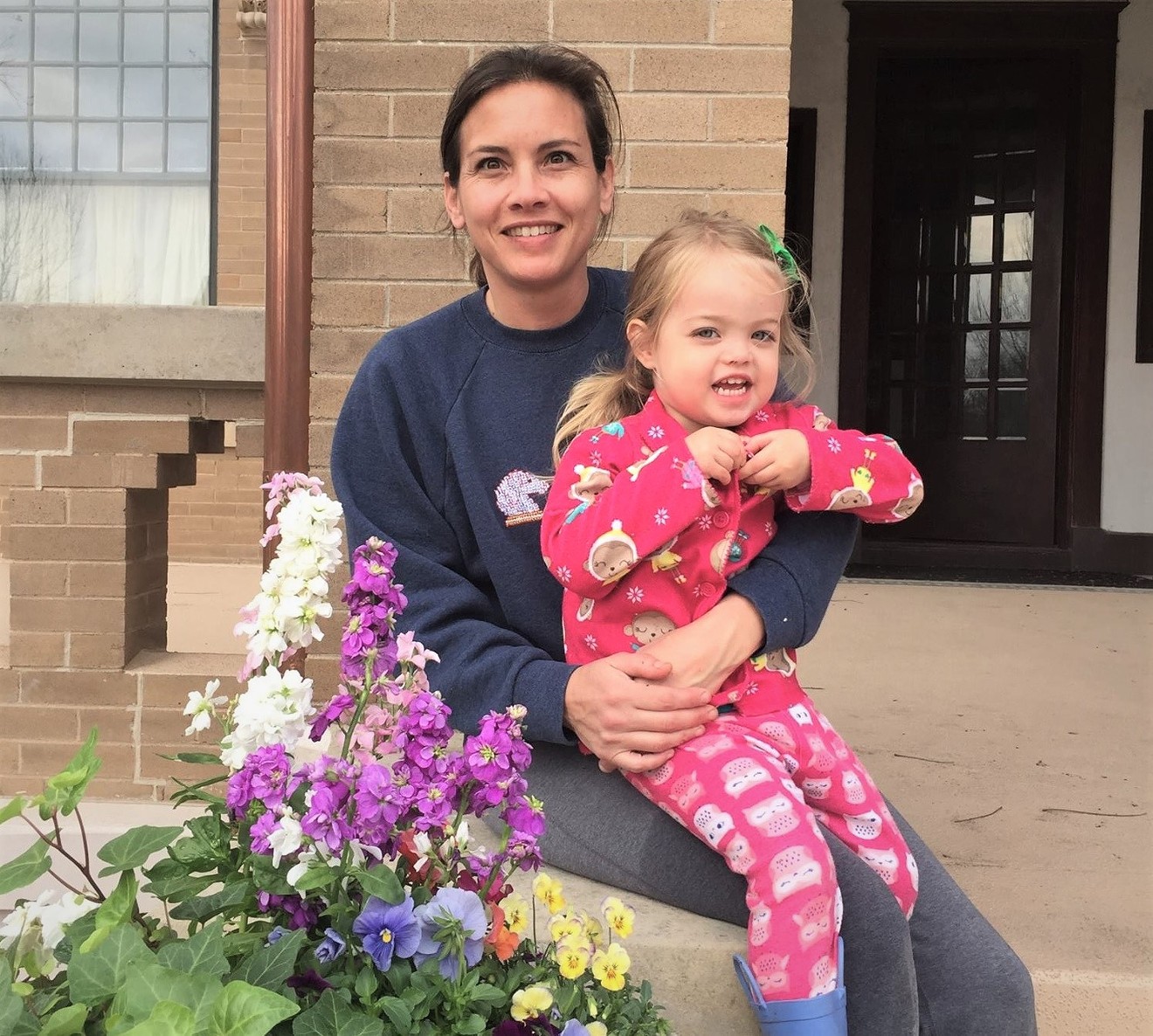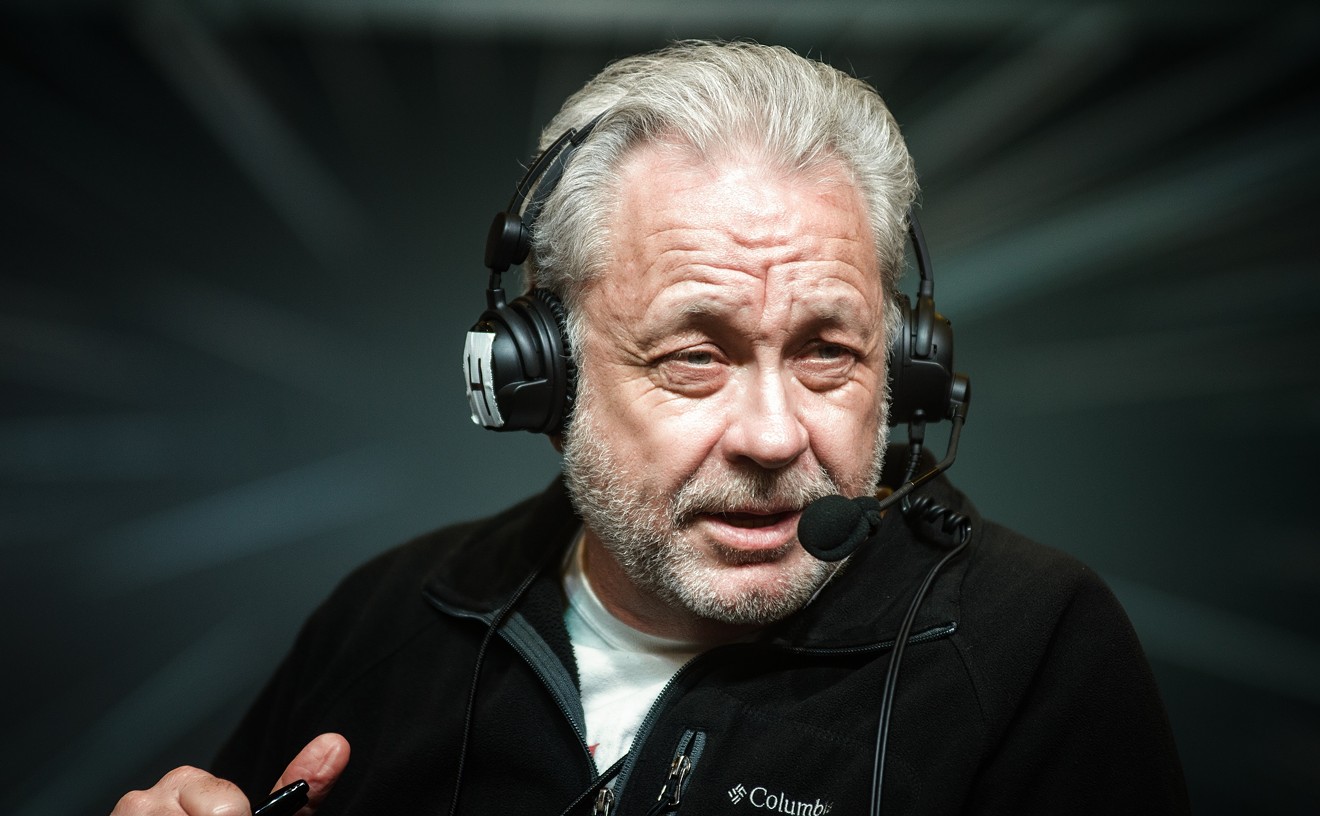I have done this work, watching the wheels of local government grind slowly, for a long, slow time. I realize now that for the first 30 or 35 years of this career, I didn't know what I was looking at. I thought what passed before my eyes and ears in an endless procession was this stuff, the blueprint on the screen, the legalese. Only in the last 10 to 15 years have I come to understand that nothing is about this. The difficult day-to-day work being done here this day in this small, mostly empty auditorium in the basement of Dallas City Hall is important, but it is not all important.
Every syllable uttered here today, every digit counted and vote taken will be about the way human beings view each other and live together. None of the issues I took at face value for so long was ever really about face value. Traffic congestion is not about traffic congestion. Curb repair is not about curbs. Drainage, which has been pretty much the central theme and holy grail of my entire life’s work, is not, as it turns out, about drainage. (I wish somebody had told me that.)
But let’s take drainage. A couple of decades into my intimate relationship with drainage, I became convinced that most human beings, no matter how smart, were completely incapable of grasping the golden truth of drainage, the rule that governs all drainage and hence our lives. Water flows downhill.
The main way water goes downward is by seeping into the ground. The leading authorities on drainage, or flood control by its more dramatic name, are the Dutch, for obvious reasons. The Dutch know that the only way to protect human beings from ravages of flooding is to set aside vast areas of permeable soil to sponge up the rain that falls from the sky. That’s how the plumbing of the planet is designed to work. Anything that stops the rain from soaking into the soil messes up the planet’s plumbing big-time, and you don’t even want to know what those plumbing bills look like.
Every syllable uttered here today, every digit counted and vote taken will be about the way human beings view each other and live together.
tweet this
What the Dutch do know — and the global science of flood control agrees — is that the only effective flood control is land-use policy, and the aim of that policy must be to concentrate human habitation into densely developed centers surrounded by vast reaches of permeable soil. For a long time, I believed that human beings were incapable of grasping this irrefutable truth.
Before I gave up, however, I used to try every once in a while to explain it to whoever was unlucky enough to be sitting next to me at dinner. The invitations dwindled. People actually tried to invite my wife without me. I found that most of them could make it through points A and B easily enough: A) The rain is supposed to soak mainly into the plain, and B) so we need lots of plain. But when I got to point C) — therefore we must reverse the sprawl of low-density residential development and pack people into dense centers — I invariably found that the people to whom I was speaking began doing the three monkeys, hear-no, see-no and speak-no. They wanted to tell me in no uncertain terms that where they lived they did not have nor would they ever allow the kind rain I was talking about.
I never got it. Not for a very long time. Then at some point I began seeing these people we first referred to as Gen Xers creeping into City Hall looking for this and that, padding around in their sneakers, always polite but insistent. At first, as far as I could tell, the only thing they cared about was their bicycles. I didn’t understand the Gen Xers at all. I was raised to believe that an adult riding a bicycle was signaling to the world that he couldn’t afford a car.
One of the first Gen Xers who caught my attention was a then 20-something person named Mariana Griggs, who is now, of course, a community leader in her own right and the wife of Scott Griggs, a City Council member who is running for mayor. Back then she was a kid to me. She wanted the city to paint bicycle lanes in the streets.
Of course, as soon as she mentioned bicycle lanes painted in the streets, all of the people at City Hall started doing the three monkeys, jumping up and down, gibbering that in Dallas people wanted to stay locked up inside their cars and that if people began riding bicycles instead they would all start sweating all over the place and veer out of their lanes, and the social order would collapse.
Somehow Griggs and her cohort persuaded the city to try experimental bike lanes in her part of town; the new lanes worked beautifully; it was an undeniable success; and next thing we knew City Hall was wholeheartedly committed to a citywide campaign of bicycle lane painting.
So after that, whenever I caught them sneaking into City Hall for this and that, I began watching these people more closely, these Gen Xers, these Mariana Griggses and so on, and that was when I experienced the great light bulb moment of my entire career. They just sort of get things done. They can solve bike lanes. They can sit down across from each other at tables and work out things like traffic congestion and zoning. They never do the three monkeys.
I decided there was a reason, a central difference between this entire demographic wave and my own. They didn’t have our social ethnic heebie-jeebies about each other. They didn’t have to hide from each other in cul-de-sacs, because they weren’t afraid of each other. They all grew up with countless significant experiences of diversity that my generation seldom if ever had.
I’m not claiming they are post-racial or post-ethnic or anything corny like that. These problems of not knowing each other, not recognizing ourselves in others, these are still tough hurdles in the way of community-building for everyone of all ages. But, man, the generation of Mariana Griggs and Beto O’Rourke is miles and miles farther down that road than their predecessors will ever be, and it makes an enormous difference in their ability to solve problems. Even if they may be latently fractured by ethnicity and class, they are still much better able than their parents to achieve the basic currency of effective politics, which is social trust based on mutual respect.
I see it in the city. I see them building back real communities on ground that was left blistered and abandoned by the fleeing cul-de-sac-ers. They fix the houses; they fix the traffic lights and the stop signs; they fix the churches and the schools; they paint bicycle lanes; they just get stuff done, one thing at a time with no monkey business.
I also see that my own generation often cannot understand a single thing about them, even though these young people tend to be our own daughters and sons. I noticed recently that the incumbent mayor of Dallas, who will step down from office in May, told the city magazine that Griggs’ husband, Scott Griggs, will be a “divisive mayor.” The current mayor went on to slur all of the people associated with Scott Griggs, pretty much the whole demographic wave that I’m talking about, the Beto generation, as divisive.They just sort of get things done. They can solve bike lanes. They can sit down across from each other at tables and work out things like traffic congestion and zoning.
tweet this
So you tell me. What is the Beto wave divisive about? What is it divided from? Because of my job and my 100 years at City Hall, I think I do know the answer to this one. The Beto wave is divided from the three monkeys. It’s divided from the generations that never could figure out traffic or zoning, that couldn’t figure out how to fix stuff, how to make communities with staying power, because all they really cared about was how terrified they were of each other and how they all needed to go hide in cul-de-sacs. Yes, I think the mayor may be right. I think the Beto wave may truly want to divide itself from that entire vicious cycle of waste and failure.
I think they look at us, my generational wave, and they wonder what our plan was. Were we just going to build brand-new cul-de-sacs, live in them for about 15 minutes, then ditch out of them at midnight and run away and build more new cul-de-sacs even farther out into the cow-patty boondocks forever? That was the plan? How much boondocks did we think we had?
Why can’t my generation sit down to a table in City Hall and get things done? That’s what this is all about. It’s not the things. It’s us. Every single one of the urban issues that City Hall struggles to resolve is a question of how and whether people can get along with each other.
Now, before I’m too hard on us, I want to say that these Beto types must have had some great parents. We deserve at least a refrigerator sticker for that. And I’m not at all in favor of the neck tattoos. I want to say, “Look at me. Think of your tattoo on my neck.” I guess they would just shrug and say, “Gross.” And then they would go solve some more stuff. I think we can live with that.













